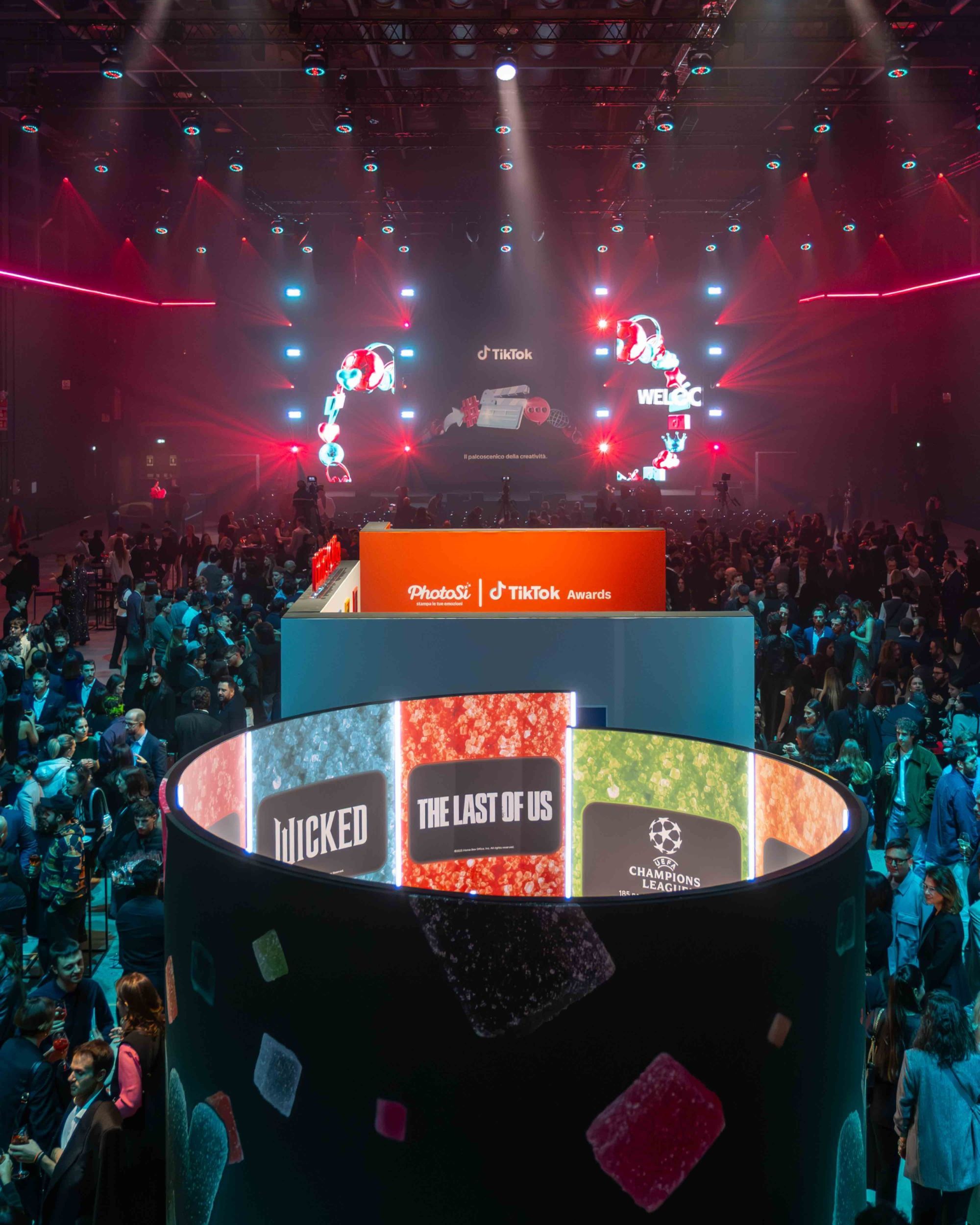
Is dating app addiction real? They might be designed for that too
According to a survey conducted in 2022, about 30% of single people in Italy say they use dating apps. Although in recent years several platforms have emerged catering to different desires and sexual orientations, the most popular one remains Tinder, used by about 60% of Italians who use dating applications. Tinder is credited with popularizing the concept of a “match” and also the feature that still forms the basis of most dating apps today: swiping through profiles. A few years after the app's launch, the U.S. edition of Wired spoke directly with Tinder's designers to recount the birth of this functionality, which turned out to be a real stroke of luck for the company. «One morning I was stepping out of the shower, wiping the mirror with my hands because the bathroom was full of steam [...]. Then I wiped in the opposite direction. And suddenly it hit me,» said the app's co-founder Jonathan Badeen. The operation of Tinder, he explains, «mimics the real world, where you can take something and set it aside». «People are presented like a deck of cards to be sorted through, and the prospect of getting to the bottom of the deck is appealing,» explains Natasha McKeever, a lecturer in applied ethics at the University of Leeds, UK, to Dazed. Users continue to “swipe” even though they are aware that reaching “the bottom of the deck” is not truly achievable. This perspective aligns with that of cultural anthropologist Natasha Dow Schüll, author of the book Addiction by Design, who has likened the experience of using dating apps to that of slot machines.
Why We Stay Glued to Apps
@fentifriedchicken Get ready to swipe forever! #Dating #DatingApps #FourplayPartner original sound - Joe Fenti
Perhaps this is why six people have sued Match Group, the company that owns Tinder and Hinge, alleging gamification features are being used to encourage compulsive use of their platforms. It's an unusual case and unlikely to succeed in court, but the fact that such a lawsuit has been filed shows how «people are increasingly uncomfortable with their relationship with dating apps.» Addiction to these platforms is «a new but seemingly common phenomenon,» explains journalist Serena Smith on Dazed. According to the British magazine, around 90% of single people feel addicted to dating apps, while roughly 70% believe that using these platforms contributes to damaging their mental health.
any app is a dating app if you try hard enough
— rheeeeaaa (@ibevibendoe) February 26, 2024
Dating apps are not the only ones leveraging features that tend to “capture” users' attention: platforms like Facebook, TikTok, and Instagram also design their interfaces to keep users engaged. For example, in certain apps, often the “refresh” function serves only to give people the illusion of control, as feeds update constantly regardless. In general, many users criticize the fact that the most popular apps often end up looking alike, even though they deal with very different content. Or rather, they tend to become more and more like TikTok. This happened in 2022 with Instagram when it announced it would start focusing on vertical videos, and last year the same thing happened to Spotify – which revamped its homepage with a very long list of “recommendations for you”, to be scrolled through. More recently, Mark Zuckerberg's app announced the launch of the Friends Map, a feature extremely similar to Snapchat's geolocation. Tinder, for its part, to make the user experience less frustrating and alienating, introduced subscription plans (Plus, Gold, or Platinum), through which users gain access to more app features. For example, they can see who liked their profile or express interest without waiting for the other person to do the same. The issue, argue several users, is that with dating apps, you're dealing not with more or less frivolous content, but with real people – so applying the consumption logic typical of TikTok and other platforms to them can be a controversial practice.













































